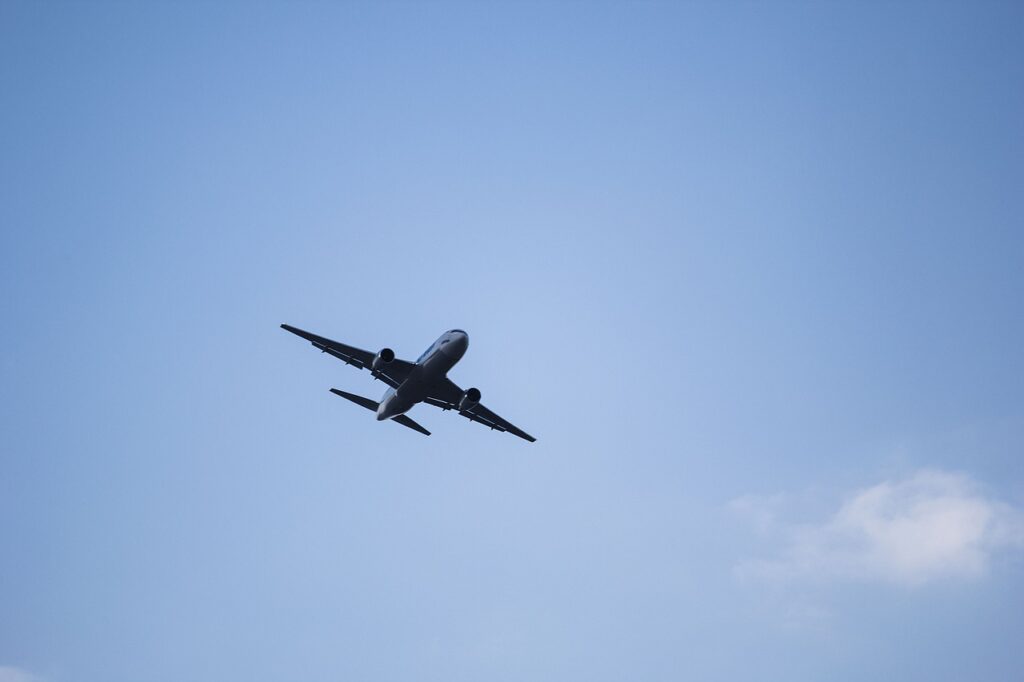EASA Workshop on Hydrogen Aircraft The European Union Aviation Safety Agency (EASA) recently conducted its first international workshop focused on the certification of hydrogen-powered aircraft. This significant event was organized to discuss the technical and regulatory challenges associated with hydrogen technology in aviation. The workshop aims to establish a framework for the safe integration of hydrogen propulsion systems into commercial air travel, marking a crucial step toward zero-emission flights.
Hydrogen’s Role in Future Aviation As the aviation industry faces increasing pressure to reduce carbon emissions, hydrogen has emerged as a promising alternative to conventional jet fuel. Unlike fossil fuels, hydrogen combustion produces only water vapor, making it a cleaner option. The workshop gathered experts from various sectors to explore hydrogen’s potential benefits, safety measures, necessary infrastructure, and how to overcome obstacles in its adoption.
Key Takeaways from the Workshop Among the primary focuses were the technical adaptations needed for aircraft design, fuel storage, and refueling systems compatible with hydrogen. The discussions also highlighted the need for international cooperation, standardization of regulations, and investments in research and development. EASA emphasized the importance of creating a comprehensive certification process that ensures aircraft and infrastructure safety while fostering innovation.
Paving the Way for Hydrogen Integration Industry stakeholders expressed optimism about the pace of technological advancements in hydrogen-powered aviation. Prototypes and test flights are expected to increase in the coming years, with the goal of transitioning to commercial operations by the 2030s. The workshop concluded with a call to action for governments, manufacturers, and airlines to collaborate on infrastructure development and regulatory measures to support this sustainable transition.
EASA’s Commitment to Sustainability EASA’s efforts align with the European Union’s broader environmental goals of reducing aviation-related emissions. EASA is committed to advancing technologies that contribute to sustainable aviation by leading workshops and encouraging dialogue among industry leaders. The agency recognizes hydrogen as a critical component of its long-term strategy to achieve cleaner air travel options, reinforcing its role as a pioneer in aviation safety and environmental stewardship.





